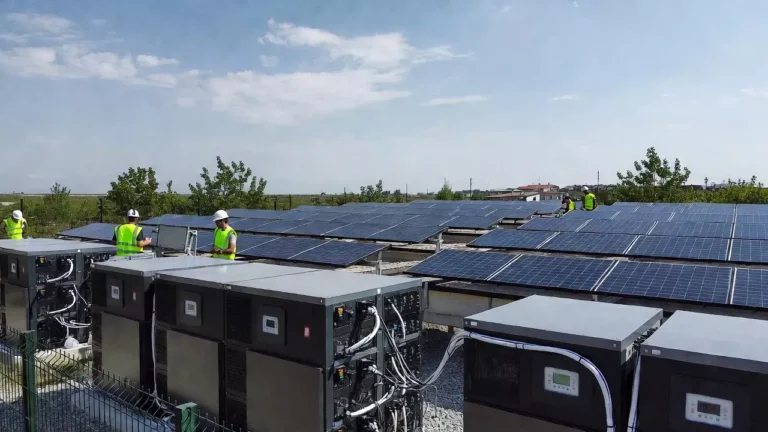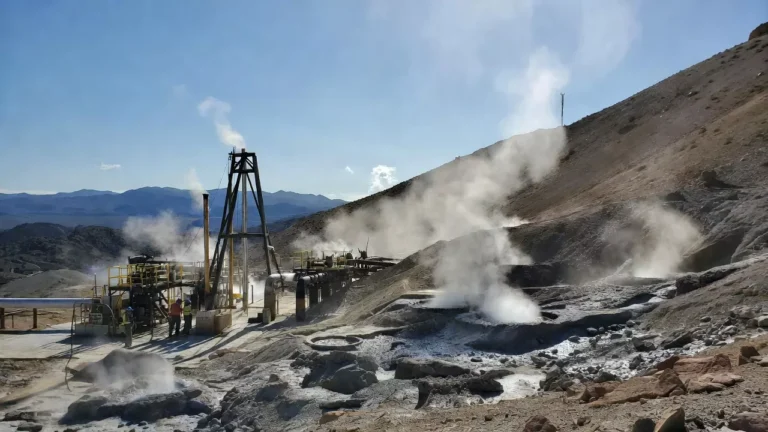
Eni and OCTP Partners Strengthen Partnership with Ghana Through New Agreement on Energy Production and Sustainability
Eni, along with its Offshore Cape Three Points (OCTP) partners Vitol and the Ghana National Petroleum Corporation (GNPC), has signed a significant Memorandum of Intent (MoI) with the Government of Ghana. The agreement, witnessed by President John Dramani Mahama, underscores the country’s ambitions to expand energy production while embedding sustainability at the core of its development. Representing the government were the Minister of Energy and Green Transition and the Minister of Finance, reflecting Ghana’s holistic approach to balancing energy growth with climate-conscious policies.
Aiming for a Comprehensive Investment Plan
The agreement paves the way for the development of a comprehensive and integrated investment strategy. The plan is designed to align with Ghana’s long-term goals of ensuring reliable, affordable, and low-impact access to energy. This partnership is not only about ramping up oil and gas production but also about ensuring that the energy sector becomes a catalyst for broader social and economic transformation.
One of the central aspects of this strategy is the potential expansion of production capacity at the OCTP project. This will involve maximizing synergies between offshore and onshore infrastructure, thereby improving efficiency and scalability. By leveraging existing facilities and introducing targeted upgrades, the partnership aims to better meet Ghana’s rising domestic energy demand, which has grown in parallel with industrial development and population expansion.
Exploration and Field Development Opportunities
Another critical element of the MoI is the commitment to evaluating new exploration opportunities. Special attention will be given to the Eban-Akoma field located in Cape Three Points Block 4. Declared commercially viable in July 2025, the field is expected to become a major contributor to Ghana’s energy mix. With the use of existing infrastructure, the development of this field could be accelerated, reducing both costs and time to market.
The move highlights Eni’s and its partners’ strategy of optimizing resource development by minimizing environmental impact and maximizing economic returns. The Eban-Akoma project represents not only a technical achievement but also a potential driver for national energy security, as it adds to the diversity and reliability of supply sources.
Expanding Social Investments
Beyond hydrocarbons and infrastructure, Eni and its OCTP partners have emphasized their commitment to Ghana’s communities. To date, the partnership has invested over USD 10 million in social impact programs that have directly benefited more than 10,000 people. These initiatives cover areas such as education, access to clean drinking water, healthcare, hygiene, and the promotion of local economic resilience.
The new agreement signals the launch of a second phase of social investments. This will expand programs in the already-established focus areas while introducing new services aimed at strengthening micro, small, and medium-sized enterprises (MSMEs). By investing in grassroots entrepreneurship and local supply chains, the partners hope to contribute to long-term, self-sustaining development.
Eni’s Longstanding Presence in Ghana
Eni’s engagement in Ghana dates back to 2009, when the company first entered the country’s offshore hydrocarbon exploration and production sector. Over the years, its operations have grown substantially, making Eni a central player in Ghana’s energy ecosystem.
Currently, Eni produces an equity share of approximately 34,000 barrels of oil equivalent per day in Ghana. The OCTP project, which it operates with a 44.4% stake, has been a cornerstone of this activity. Vitol holds a 35.6% stake, while the GNPC retains a 20% share, ensuring national participation and benefit-sharing.
Since the commencement of production in 2018, the OCTP project has delivered more than 107 million barrels of oil and approximately 480 billion standard cubic feet (Bscf) of natural gas. Importantly, the gas output has been instrumental in meeting around 70% of Ghana’s domestic gas demand for power generation. This contribution has significantly reduced the country’s reliance on imports, improved energy security, and strengthened the stability of its electricity grid.
Integrating Energy Development with Sustainability
The new MoI emphasizes the government’s determination to combine economic growth with sustainability principles. The involvement of the Minister of Energy and Green Transition in the signing highlights Ghana’s recognition that future prosperity depends on cleaner, more efficient, and responsibly managed energy development.
For Eni and its partners, this translates into a responsibility to adopt practices that minimize environmental impacts, such as reducing flaring, investing in low-carbon technologies, and promoting renewable energy opportunities alongside hydrocarbons. The OCTP project itself has been structured to integrate gas supply for domestic power generation, an approach that reduces the carbon intensity of energy compared to heavier fossil fuel imports.










